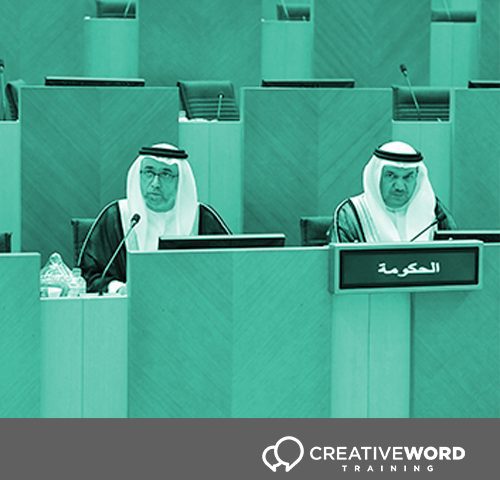
What is Unconscious Bias?
December 17, 2020
Superlative Skills for Successful Entrepreneurs of the Future
January 10, 2021The United Arab Emirates are widely regarded as one of the most progressive Middle Eastern domains and recently announced reforms will mean that life for expats in the kingdom will become more straightforward.
His Highness, Sheikh Khalifa Bin Zayed Al Nahyan has issued numerous presidential decrees which amend laws governing marriage, divorce, sexual and harassment crimes, and inheritance.
These laws highlight the tolerance principles and commitments the country is making in accordance with the UAE’s cultural identity, and will also help to boost the country’s popularity in a post-covid19 economy.
The new legislations were announced on Saturday 7th November and were effective immediately.
According to the Arabian Business online, the changes will give expats more freedom and make them ‘feel more at home in the country’, with legislation believed to bring changes regarding cohabitation between unmarried couples, consumption of alcohol and personal finances.
For instance, prior to the law changes, if a family member passed away while living in the UAE their assets were divided according to sharia law but now personal citizenship will dictate inheritance.
This particular new ruling should also encourage more expats to keep their money in UAE banks instead of sending money home or using offshore accounts. However, for the changes to be legally upheld, expats must make their will in the UAE or register their will in the UAE courts.
Changes in the Personal Status Code specify that the marriage laws linked to where the ceremony took place will now apply to marriage terms, both personal and financial, and this also applies to divorce or separation agreements.
Other legislative changes include amendments to protect the rights of women.
For example, ‘honour crimes’ (those in which a male has previously received a lighter sentence for assaulting a female relative) are now to be treated as typical crimes, in the same way as any other assault.
There will also be tougher punishments for harassment of any kind, including stalking, and this now recognizes that both men and women can be victims of harassment.
The legal overhaul also decriminalized suicide, in an important move to raise awareness of mental health issues.
Previously, suicide was prohibited under sharia law, but few of those who attempted it were ever prosecuted.
They also remove a long-standing law that allowed those who assisted in an emergency to be held accountable for the victim’s death or injuries incurred.
Other changes highlight the region’s push towards a modernization of society and encouraging foreigners to emigrate to the kingdom, including changing laws regarding cohabitation.
Although unmarried couples have lived together in the UAE previously, it was always under the potential threat of legal action.
Now, unmarried couples will be able to cohabit legally, which should help encourage more young people into the region.
The laws regarding the consumption of alcohol without a licence (for non-Muslims) have also been altered and now mean that residents and tourists drinking without a licence will no longer risk prosecution.
The boost to the economy that it is hoped will be generated by these new laws couldn’t come at a better time – the covid-19 pandemic has affected countries worldwide but with the UAE being hit by lowering oil prices and a decline in travel and tourism, forecasts suggest there could be an economic contraction of almost 7% this year.
These new legislative changes will prompt a more moderate society which expats should find advantageous, and encourages them to remain within the UAE with their families for the foreseeable future.


